Workshops
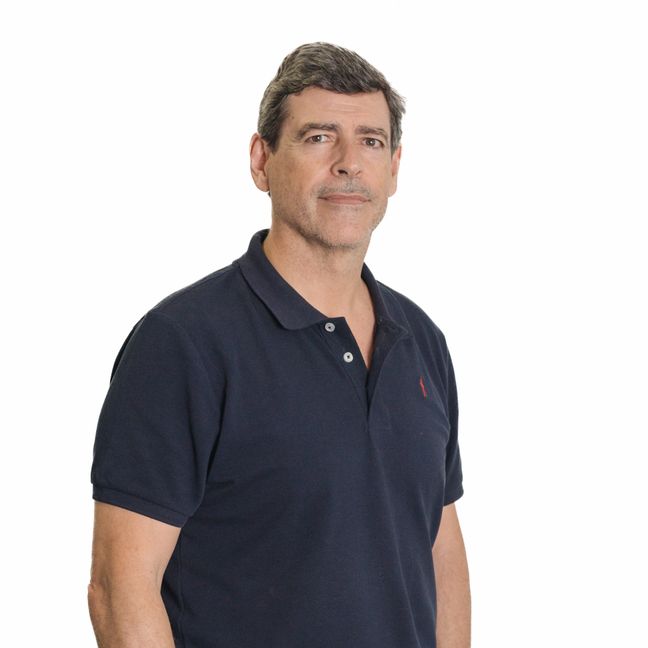
Professor Francisco Martin
GENYO. Universidad de Granada, Spain
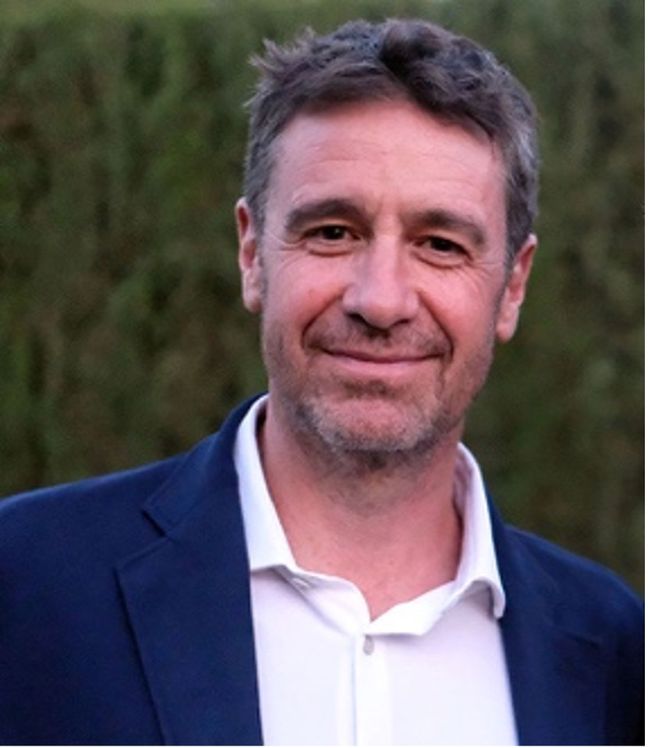
Dr. Julián Cerón Madrigal
Julián Cerón Madrigal, The Bellvitge Biomedical Research Institute (IDIBELL), Spain
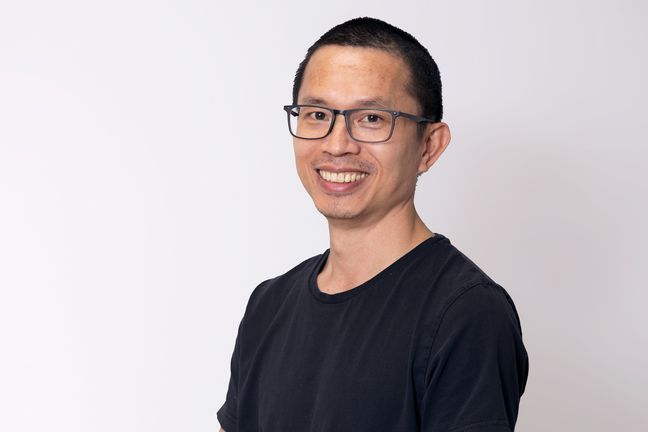
Professor Yonglun Luo
Aarhus University, Denmark
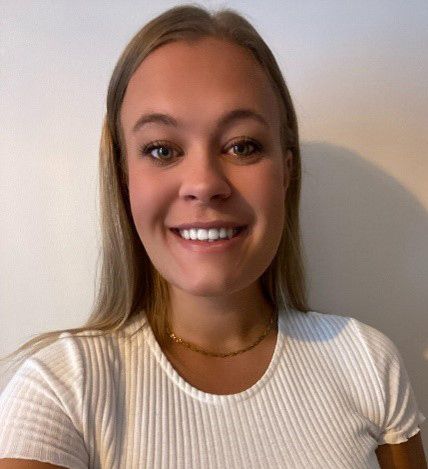
Amalie Lykke Olsen MEng
Aarhus University, Denmark
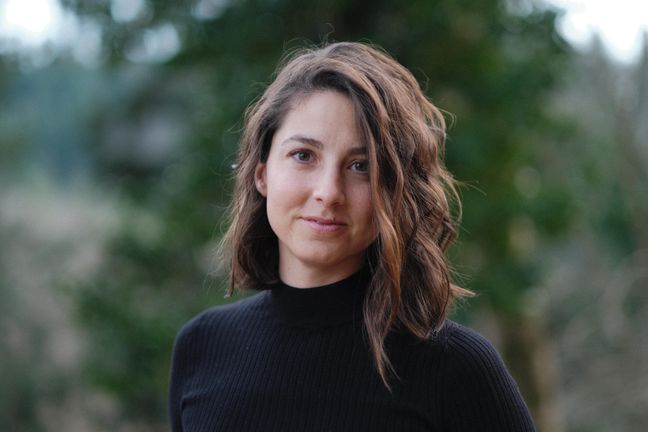
Dr. Carla Fuster
University of Freiburg, Germany
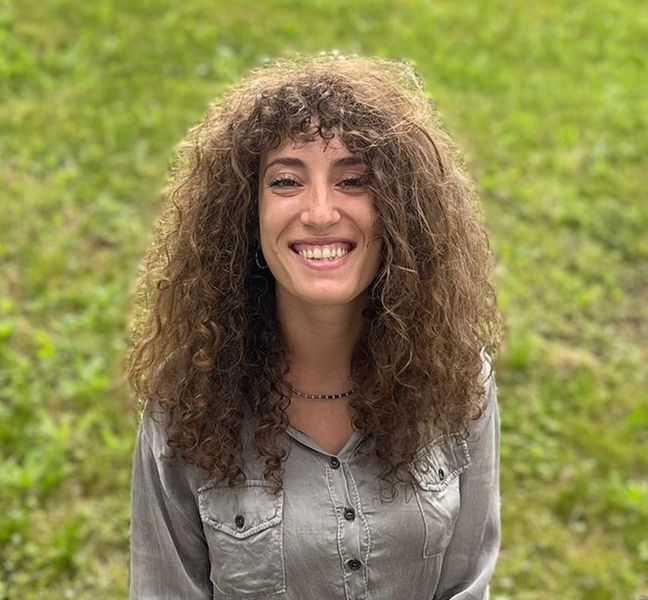
Dr. Laura Torella
CIMA, University of Navarra, Spain
